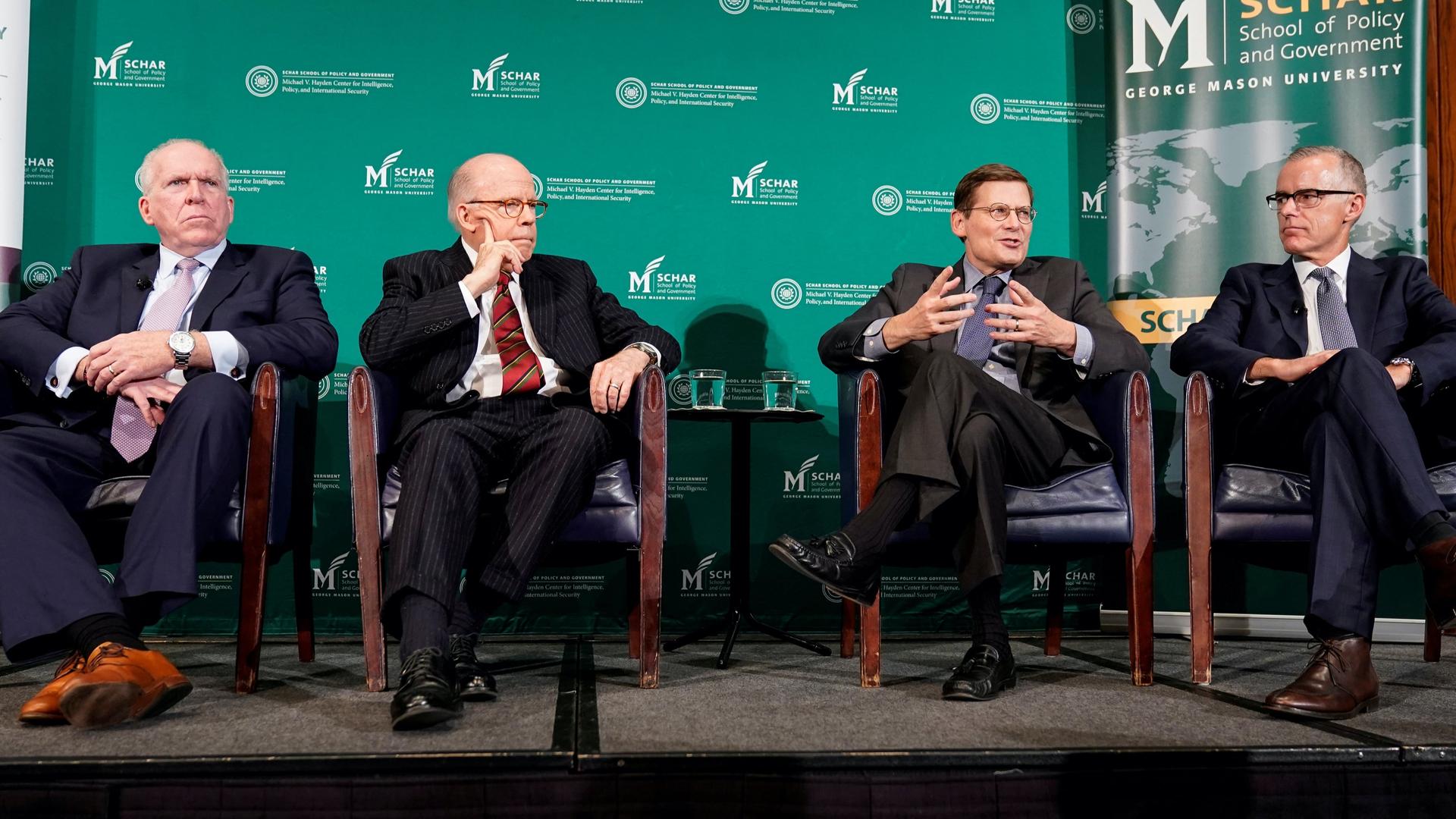This analysis was featured in Critical State, a weekly newsletter from The World and Inkstick Media. Subscribe here.
Last week, Critical State looked at how popular movements work to influence the legislative process through protests and other forms of signaling, and why protests by less privileged people are more effective than similar actions by more privileged people. This week digs into new research about the strategies of the most privileged group of all when it comes to influencing the legislative branch: the executive.
Related: Legislating peace and security: Part I
In the US, the last great period of legislative oversight over security issues was the 1970s. After a huge expansion of the country’s security bureaucracy during and after World War II, the disaster of the Vietnam War, and a series of high-profile intelligence misadventures early in the Cold War, Congress decided that it would like to play a more active role in controlling what America’s soldiers and spies were up to. That period brought us the War Powers Resolution, the Church Committee and other congressional action that produced a slight hiccup in the ongoing trend toward presidential control of national security matters.
Related: Illiberalism isn’t just rising — it’s spreading: Part I
One thing Congress didn’t accomplish in that period, however, was establishing tight regulation over the activities of the National Security Agency (NSA), the electronic surveillance arm of America’s intelligence community. The agency would later rise to infamy after Edward Snowden released records showing that it routinely gathered Americans’ digital information. As historian Peter Roady writes in a new article in the Journal of Policy History, the reason the NSA escaped congressional oversight in the 1970s comes down to a fairly simple explanation: When Congress asked what was going on at Fort Meade, executive branch lawyers, politicians and intelligence officials collectively shrugged their shoulders and said: “Can’t tell you, it’s classified.”
Related: Illiberalism isn’t just rising — it’s spreading: Part II
Back in the mid-1970s, even members of Congress had only a passing familiarity with the NSA. Its work was so secret, and intelligence agencies proliferating so fast, that it was only a small blip on the radar of any security-conscious representative. And how would they know? NSA existed as a result of a memo from President Harry Truman in 1952. By the 1970s, Congress had still never passed a bill explaining what the agency was actually supposed to do. As Roady reports, at the time, “only two congressional staffers had sufficient security clearances to peer inside NSA, and they focused on budgetary matters.”
Congress began asking questions after a 1974 press report alleged that the Central Intelligence Agency was illegally spying on Americans. Given that NSA was, at the time, engaging in warrantless domestic surveillance, those questions were cause for alarm in the intelligence community. To buy time, the White House (including a pre-Supreme Court Antonin Scalia) set up a lengthy process for reviewing any intelligence documents Congress requested as part of their investigation. By releasing the documents slowly and in pieces, the executive not only controlled what questions the legislative was able to answer but even what they knew to ask.
That process, which set the precedent for subsequent document review processes in congressional intelligence investigations, gave the administration time to pull together Executive Order 11905. The order established a charter for the NSA and other intelligence agencies and basically dared Congress to limit the critical mission described in the charter. The White House also used the delay to draft legislation that would become the Foreign Intelligence Surveillance Act (FISA), which purports to regulate electronic surveillance. FISA, which still governs electronic surveillance today, created a secret court for granting wiretapping and other electronic surveillance warrants. That court, which granted 99.97% of government warrant requests between 1979 and 2012, was enough to convince members of Congress and judges that no further major restrictions on NSA actions were necessary.
Executive obstruction is so common in legislative oversight of security matters because it works. Not only did the NSA escape substantial regulation in the 1970s, but that state of affairs lasted for decades. When the Snowden disclosures appeared in 2013, the world was once again shocked by the very thing Congress was hoping to uncover back in 1975: warrantless collection of Americans’ communications by the NSA.
Critical State is your weekly fix of foreign policy without all the stuff you don’t need. It’s top news and accessible analysis for those who want an inside take without all the insider bs. Subscribe here.
